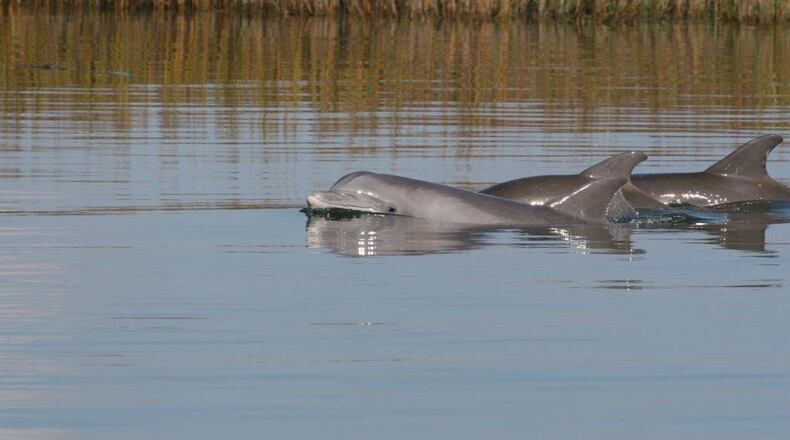A Georgia congressman is blaming Environmental Protection Agency red tape for delays in cleaning up a Superfund site in Brunswick.
The 760 acres — which, starting in the early 1920s, was home to several chemical production facilities and a power generating company — still sits polluted with harmful chemicals, more than two decades after the EPA declared it a Superfund site, said U.S. Rep. Buddy Carter (R-Pooler). He complained that it’s not a lack of finances holding back remediation efforts, but the EPA’s lengthy process.
During a recent environmental subcommittee meeting in Washington, D.C., an EPA official could not explain the delays in completing clean-up at the site, Carter said.
"The biggest part of the problem is the process the EPA has in place right now," said the lawmaker, who added that the environmental subcommittee was working with the EPA to speed up the process, which could also hasten the redevelopment of similar sites nationwide.
Only a portion of the site has been cleaned up since the process began in 1994.
In 2016, a $29 million settlement agreement was reached between the EPA and two previous owners of the site — Georgia Power and Honeywell International Inc. — to clean up marshland on the site.
Since then, the EPA has failed to reach settlement agreements for the cleanup of the rest of the site, which the agency hopes to complete by 2020.
“It’s ridiculous that it has taken close to a quarter of a century to remediate the site,” said Carter.
In a written response, a spokesperson for the EPA said the delays are due to the difficulty in cleaning up chlor-alkali sites.
“While a lot of progress has been made, LCP Chemicals is still a challenging site,” the statement read in part.
According to the EPA, the agency has coordinated the removal of thousands of cubic yards of contaminated soil, sediment and debris from the site.
But Daniel Parshley with the Glynn Environmental Coalition, a community non-profit that works with coastal communities to address environmental concerns, said progress has been slow. According to the Coalition, fear of hazardous chemical deposits at the site has deterred economic activities, endangered marine and human life and interrupted fishing activities in the area.
“The EPA has not shown the ability to review documents or make decisions in a timely manner, which seems to suit the site’s responsible parties just fine,” said Parshley.
Carter said the local community is ready to invest in the property. “We are going to continue to put pressure on them to get this thing resolved.”
The LCP plant was shut down in 1994 and six key officials of the LCP Chemicals-Georgia Inc. sentenced to prison for dumping mercury and other hazardous chemicals into nearby waterways.
According to the EPA, Georgia has 16 Superfund sites.
About the Author
Keep Reading
The Latest
Featured



